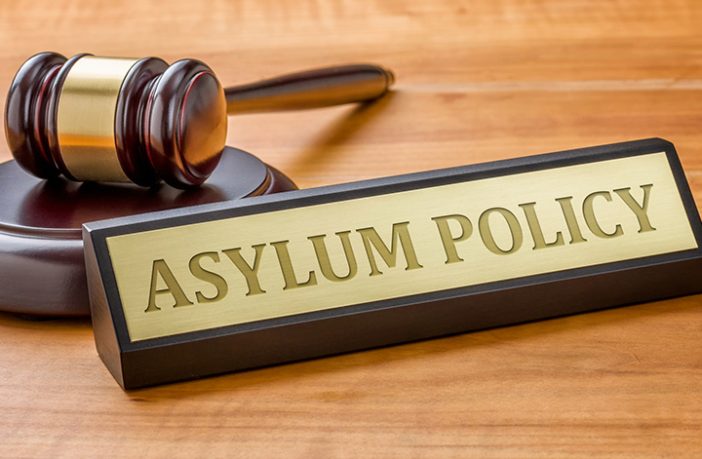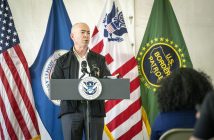It is appropriate for Americans to empathize with people living in tough conditions. However, according to a 2018 Gallup poll, more than 750 million people worldwide would leave their home countries and move elsewhere if they could. And a sizeable number of those folks would like to come to the United States. But, as a practical matter, the U.S. cannot accommodate every person who is fleeing conditions that may not be any worse than those faced by our own poor in places like Baltimore or Los Angeles.
That’s why refugee and asylum protections are narrowly tailored to offer protection to people facing persecution on account of race, religion, nationality, political opinion or membership in a particular social group. Way back in 1993, the Third Circuit Court of Appeals neatly summarized: “Generally harsh conditions shared by many other persons do not amount to persecution. Harm resulting from country-wide civil strife is not persecution ‘on account of’ an enumerated statutory factor.”
But open borders advocates, and their boosters in the mainstream media, are busy peddling a false narrative that anyone who shows up at the southern border with a tale of woe is entitled to immediate and permanent asylum.
An article recently featured on NPR’s website is a perfect example of the genre. It tells the story of Marvin Zelaya Sr., and his son, Marvin Jr., and their quest for asylum. Marvin Sr.’s asylum application was ultimately denied. As of March 9, 2020, when NPR published its article, seventeen-year-old Marvin Jr., who crossed the border as an unaccompanied alien child, was still awaiting the adjudication of his application. His claim is more than likely to be denied.
Predictably, NPR intimates that both of the Zelayas are good candidates for asylum whose chances at living the American dream fell prey to an anti-immigrant president imposing unreasonable and possibly unlawful restrictions on the asylum process.
However, the Zelayas freely admitted they weren’t fleeing political persecution. Indeed, NPR quoted Marvin Sr. as saying they left Honduras, “to escape the gangs,” and, “I have lots of debts in Honduras. I need to go to the U.S. to make some money.”
While the Zelayas may simply be nice guys fleeing tough conditions, they don’t qualify for asylum. And NPR does them, and everyone like them, a profound disservice when it falsely portrays them as victims of a callous immigration system.
Poverty and crime are nearly universal problems. We wage a daily struggle against them right here in the United States. And, taken to its logical conclusion, NPR’s overly broad interpretation of refugee/asylum protections would make virtually anyone from a country with a higher crime rate and lower standard of living eligible for protection in the U.S. That would be an unworkable policy that America simply can’t afford, no matter how much we wish to help those less fortunate than ourselves.




